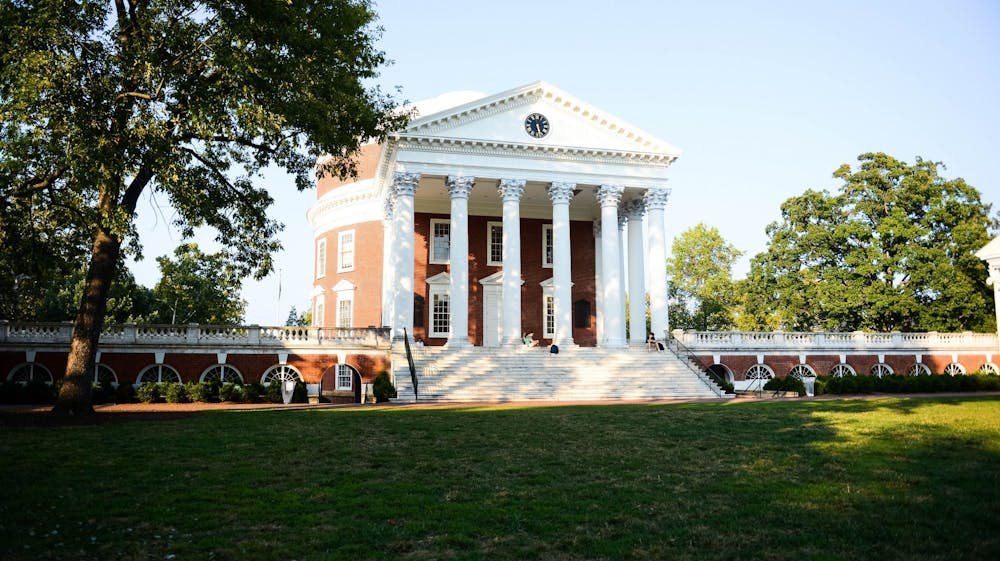When institutions fail, citizens must act. This March, University students answered a call to action by voting — for the first time ever — to reduce the single sanction from expulsion to a two-semester leave of absence. This year’s election required us all to work together. This reform is a victory for students, for restorative justice and for democracy everywhere. I write to reflect on how we got here and to issue three calls to action for the future.
For generations, University students found guilty of an Honor offense were expelled. No longer. Students made their voices heard — overwhelmingly voting to reduce the single sanction from expulsion to a two-semester leave of absence. This result is historic for so many reasons. Most obviously, this vote ushers in the first change to the single sanction in the Honor system’s history. It confirms that institutions can change for the better to address concerns about bias, racism, unaccountability and inequity. It confirms that every person is worthy of redemption and a second chance. And it confirms that further change is possible if we all work together towards common goals.
The referendum campaign itself was also historic. It brought together, for the first time, a near supermajority of an Honor Committee with a diverse coalition of student stakeholders, Student Council and community members. It overcame significant obstacles. And it required utilizing every democratic tool available, from a grassroots signature campaign to a specialized working group, to achieve success.
Above all, this reform proves that stories matter. Expulsion inflicts suffering on students and families. It isolates. It ruins financial stability. It reduces students to statistics. And it strips students of their dignity, stigmatizing accused and guilty students as people without the potential to contribute to the University or to civic life. Institutions must acknowledge and address the very real, very human costs of the policies they defend. When those costs are too great, those institutions must change.
This campaign teaches us important lessons. First, change is a collective enterprise. Only together, by leveraging diverse perspectives, compromising on policy decisions, organizing and voting can real change ever succeed. Second, reform requires action. Doing nothing is a privilege of those with means, power and status. Third, democracy should not be taken for granted. Standing up for meaningful change is essential to preserving the health of our institutions — and by extension, our republic.
Change also carries responsibility. Our work does not end here. To the current Honor Committee — create and pass the referendum’s complimentary by-laws and update critical case documents so that students have adequate notice and the new system immediately functions properly. We all must set aside remaining differences and act to implement the will of our constituents. To the next Honor Committee — choose a leader who supported this reform. Choose a leadership team with a track record of inclusion, compassion and competence. And choose a platform which charts a course towards achievable progress. Remember that student self-governance is as much about responsibility to the whole University as it is about service to a single institution. Your choices and conduct will define the trajectory of our shared Community of Trust for years to come. Finally, to all students — demand the best from your elected leaders, on and beyond Grounds. You deserve representatives who listen, who build consensus, who uplift and who lead with dignity.
Democracy is in danger, both at home and abroad. This campaign is proof that the future — in our hands – is bright. Democracy takes work, but it can — and must — survive. We all are stewards of the future before us. We must listen to and lift up others. We must respect a diversity of ideas, backgrounds and viewpoints. We must fight for the causes and communities we care about. The fights ahead of us require that we all work together. Only then can we achieve a fairer, more equitable, more peaceful world.
Christopher Benos is a third-year law student. Benos authored the 2022 Honor Sanctioning Referendum and led the campaign which secured its ratification. He can be contacted at christopherbenos@virginia.edu.







